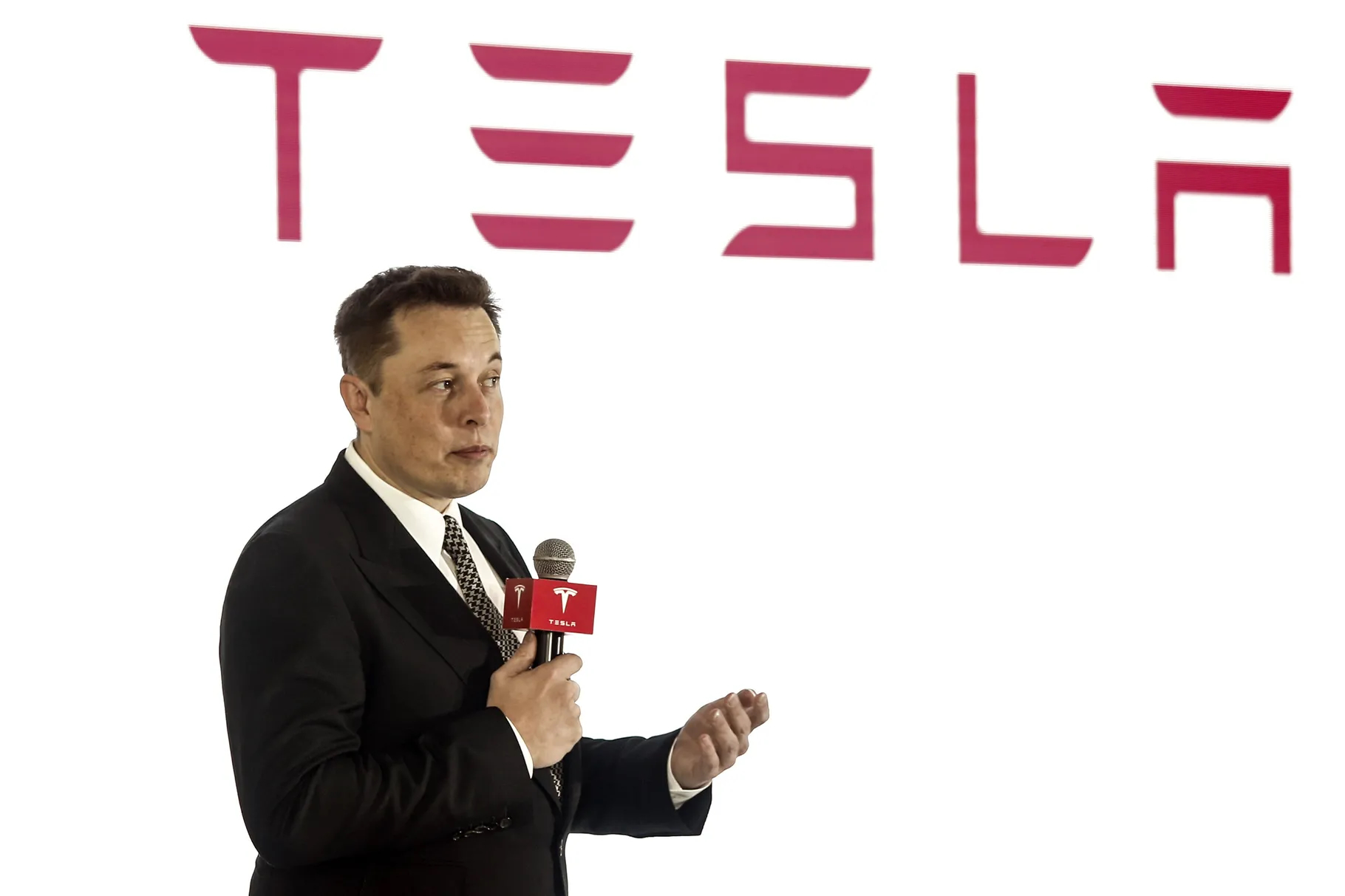Tesla Redefines Strategy Amid Market Pressures And Rising Competition

Tesla, once the unrivalled leader in electric vehicles, is realigning its product strategy toward more affordable models, in response to increasing competition from traditional automotive giants and new Chinese players. This strategic shift was underscored by Elon Musk in a week marked by a significant stock depreciation, as Tesla shares have plummeted by 40% recently.
Faced with the most substantial stock slump in Tesla's 14-year history, Elon Musk aimed to reassure investors about the company's future with its next generation of electric vehicles and its ventures into AI-driven technology. However, his presentation was met with mixed reactions as he announced lower-than-expected profits for the first quarter and the company's first cash outflow since the pandemic began.
On Tuesday, Musk declared that Tesla would "accelerate the launch of new models," which includes plans for an "affordable" car designed to compete with the forthcoming wave of inexpensive Chinese EVs entering the U.S. market. However, he remained notably vague about specifics, including whether this refers to the mass-market "Model 2" previously teased with a potential $25,000 price tag.
Historically, Tesla has faced little competition. However, established brands like Hyundai and emergent Chinese companies with advanced battery technologies and lower production costs are now credible threats. Furthermore, Musk’s controversial posts on his social media platform X could potentially harm his company's brand reputation.
Amid rumors that the ambitious Model 2 project, which would require innovative manufacturing techniques in Texas and Mexico, has been scrapped in favor of a focus on a self-driving "robotaxi," Musk introduced a "Plan B." This involves less costly vehicles manufactured using existing production lines to manage spiraling costs as Tesla diverts substantial investment to AI and GPU chips essential for training these models. Musk promised further updates would align with its robotaxi launch scheduled for August.
Tesla’s approach appears dual-faceted, leveraging existing production capabilities for both human-driven vehicles and future robotaxis, adapting based on market demand. "Elon is hedging his bets," explained Christopher Tsai, Chief Investment Officer at Tsai Capital, a Tesla investor. "He’s using the same production line for a human-driven vehicle and a robotaxi, with the ability to pivot between the two depending on the market demand at the time."
Despite a recovery of 13% in Tesla’s share price following Musk's updates, it remains down 35% for the year, trading at less than half its late-2021 peak of $1.2 trillion. The automotive landscape has shifted, with Tesla facing the reality of competing against new Chinese brands that bring to market increasingly fresh models.
Tesla’s promise of new models includes an evolution from the radical ideas previously suggested for the Model 2. "The Model 2 appears to have morphed into something less radical than previously indicated, but there was confirmation that more models are coming," noted Mike Tyndall, an analyst at HSBC.
Philippe Houchois, an automotive analyst at Jefferies, remarked on Musk’s market strategy, stating, "Musk is appeasing the market by pushing faster but with a risk of compromises on product to accelerate launches."
The challenge intensifies as Chinese manufacturers like BYD advance. Just hours after Musk's investor call, BYD announced plans to bring its ultra-cheap Seagull EV, priced below $10,000 in China, to Europe and the UK next year, causing concern among Western automakers about their ability to compete on price.
"A sub-$10,000 BYD Seagull domestically is a clarion call,” said James Anderson, a managing partner at Lingotto Investment Management, which holds Tesla shares. He emphasized the industry shift, stating, "China has built an industry that can produce excellent cars at truly remarkable price points almost all through the range of products."
In this new competitive context, Tesla’s focus on more affordable models signifies a crucial pivot. Musk’s insistence on the importance of affordability was echoed by a former executive who argued, "If he really wants mass adoption, he must know from the turmoil of the last year that affordability is the big issue."
As Tesla cuts prices to stimulate sales, which in turn affects the resale value of its cars, the company is keen on expanding its market reach. "We believe that our awareness activities paired with attractive financing will go a long way in driving demand for our products," stated Tesla's finance chief, Vaibhav Taneja.
Analysts now watch closely as Tesla navigates these market dynamics, with the potential reshaping of its product lineup to include more accessible electric vehicles, crucial for its long-term success and consumer reach in a rapidly evolving automotive landscape.
World Liberty Seeks Federal Trust Charter
World Liberty Financial, the crypto venture backed by the Trump family, has applied for a US national bank trust charter... Read more
Saudi Banks Tap Overseas Markets
Saudi Arabia’s banks are borrowing from international markets at their fastest pace on record, as lenders try to squar... Read more
Amazon Continues To Cut 16000 Gone
Amazon has announced plans to cut a further 16,000 roles from its corporate workforce, extending the cost and organisati... Read more
The UK May Have A Voice In Ai
Europe’s AI sector has grown accustomed to playing catch-up. Capital has flowed more slowly than in Silicon Valley, va... Read more
Musk Applies Pressure To BT
Britain’s broadband market has spent the past decade locked in a familiar pattern. Incumbents invested heavily in fibr... Read more
Blackrock Sees EMEA Moving Into Private Assets
BlackRock has warned that investors across Europe, the Middle East and Africa are reshaping portfolios in response to wh... Read more

